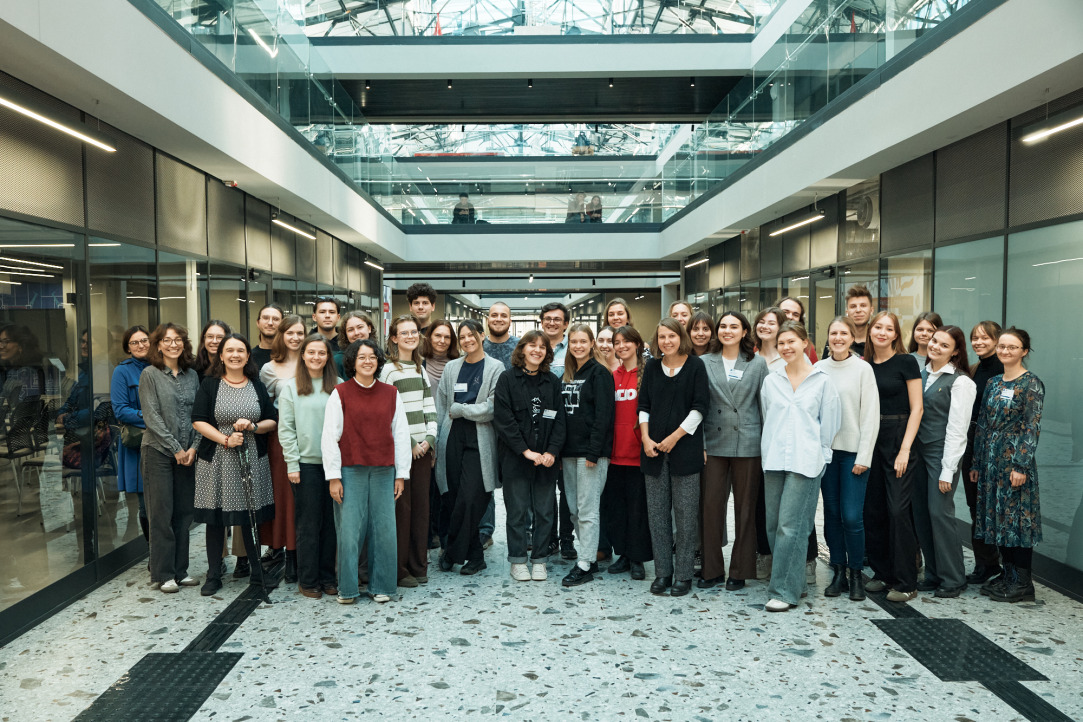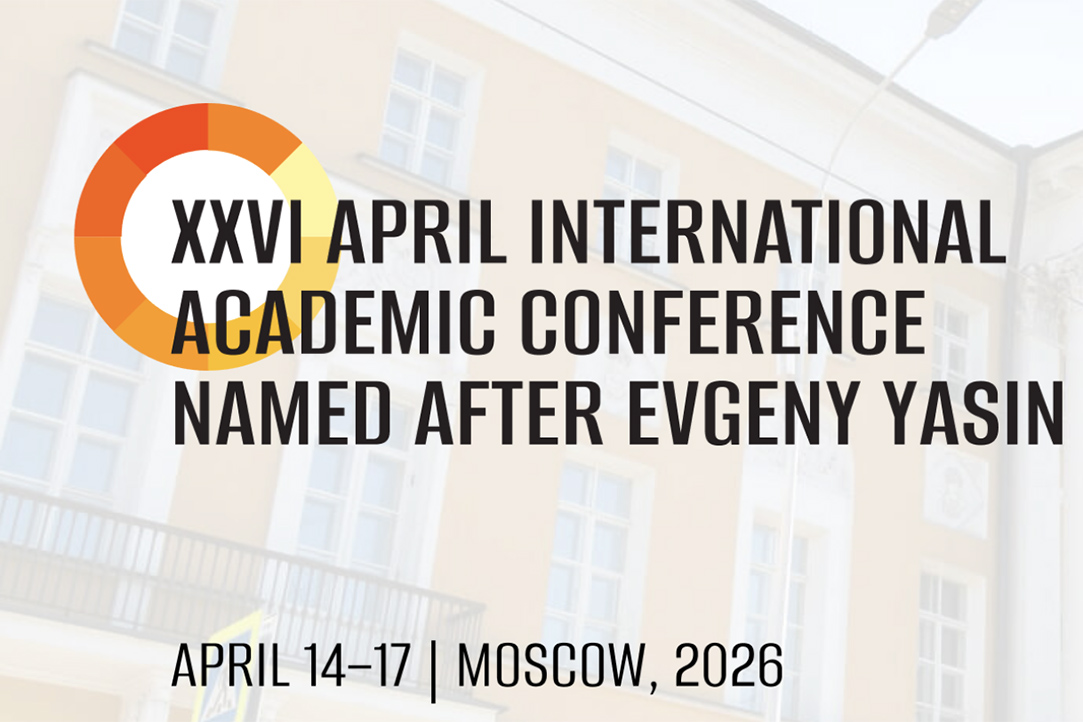
‘Why Data Analysis Is Art’: HSE University–St Petersburg Hosts International School on Statistics
Why do statistical methods sometimes yield unexpected results? How does the creative approach help to process data in complex linguistic research? Is there 'a magic button' to analyse the results? The answers to these and other questions were the topic of the three-day autumn school 'Statistics in Psycho- and Neurolinguistics.'

‘Our Task Is to Promote and Popularise Native Languages’
The Centre for the Study of Native Languages at Dagestan State University (DSU) is actively engaged in researching the many languages spoken by the peoples of Dagestan. The republic has 14 official state languages, many of which have their own dialects and varieties. Scholars from Dagestan plan to adopt corpus-based methods of linguistic research used at HSE University and intend to collaborate with HSE’s Linguistic Convergence Laboratory. The HSE News Service spoke with the centre’s Director, Prof. Marina Gasanova, who is currently undertaking a research placement at HSE University.

How Colour Affects Pricing: Why Art Collectors Pay More for Blue
Economists from HSE University, St Petersburg State University, and the University of Florida have found which colours in abstract paintings increase their market value. An analysis of thousands of canvases sold at auctions revealed that buyers place a higher value on blue and favour bright, saturated palettes, while showing less appreciation for traditional colour schemes. The article has been published in Information Systems Frontiers.

New Method for Describing Graphene Simplifies Analysis of Nanomaterials
An international team, including scientists from HSE University, has proposed a new mathematical method to analyse the structure of graphene. The scientists demonstrated that the characteristics of a graphene lattice can be represented using a three-step random walk model of a particle. This approach allows the lattice to be described more quickly and without cumbersome calculations. The study has been published in Journal of Physics A: Mathematical and Theoretical.

Scientists Have Modelled Supercapacitor Operation at Molecular and Ionic Level
HSE scientists used supercomputer simulations to study the behaviour of ions and water molecules inside the nanopores of a supercapacitor. The results showed that even a very small amount of water alters the charge distribution inside the nanopores and influences the device’s energy storage capacity. This approach makes it possible to predict how supercapacitors behave under different electrolyte compositions and humidity conditions. The paper has been published in Electrochimica Acta. The study was supported by a grant from the Russian Science Foundation (RSF).

Designing an Accurate Reading Skills Test: Why Parallel Texts are Important in Dyslexia Diagnosis
Researchers from the HSE Centre for Language and Brain have developed a tool for accurately assessing reading skills in adults with reading impairments. It can be used, for instance, before and after sessions with a language therapist. The tool includes two texts that differ in content but are equal in complexity: participants were observed to read them at the same speed, make a similar number of errors, and understand the content to the same degree. Such parallel texts will enable more accurate diagnosis of dyslexia and better monitoring of the effectiveness of interventions aimed at addressing it. The paper has been published in Educational Studies.

Applications to Participate in April International Academic Conference Now Open
HSE University is now accepting proposals to present academic reports at the XXVI April International Academic Conference named after Evgeny Yasin. Applications can be submitted until December 16, 2025. The conference events will take place mainly on-site in Moscow from April 14 to 17, 2026.

'We Explore Areas Where Much Remains Unknown'
Computational methods for analysing ancient and modern genomes make it possible to study the formation of genetic diversity in populations, reconstruct their history of mixing and migration, and trace the development of environmental adaptations. The HSE International Laboratory of Statistical and Computational Genomics applies mathematical methods and genetic data to address a wide range of issues across fields such as anthropology, epidemiology, and criminology. The HSE News Service spoke with the laboratory head, Vladimir Shchur, about its work.
A Space for Economic Experimentation: LEEF Organises Workshop for Early-Career Researchers
In early September 2025, the renewed Laboratory for Experimental Economics and Finance (LEEF) held its first workshop for early-career researchers. Its main distinguishing feature was that every presentation was based on the results of laboratory economic experiments. In particular, the speakers discussed what people consider a fair deal, how best to motivate employees, and how genes influence the willingness to cooperate and help others. All interested students and postgraduates were invited to collaborate with the laboratory.

Internal Clock: How Heart Rate and Emotions Shape Our Perception of Time
Our perception of time depends on heart rate—this is the conclusion reached by neuroscientists at HSE University. In their experiment, volunteers watched short videos designed to evoke specific emotions and estimated each video's duration, while researchers recorded their heart activity using ECG. The study found that the slower a participant's heart rate, the shorter they perceived the video to be—especially when watching unpleasant content. The study has been published in Frontiers in Psychology.

